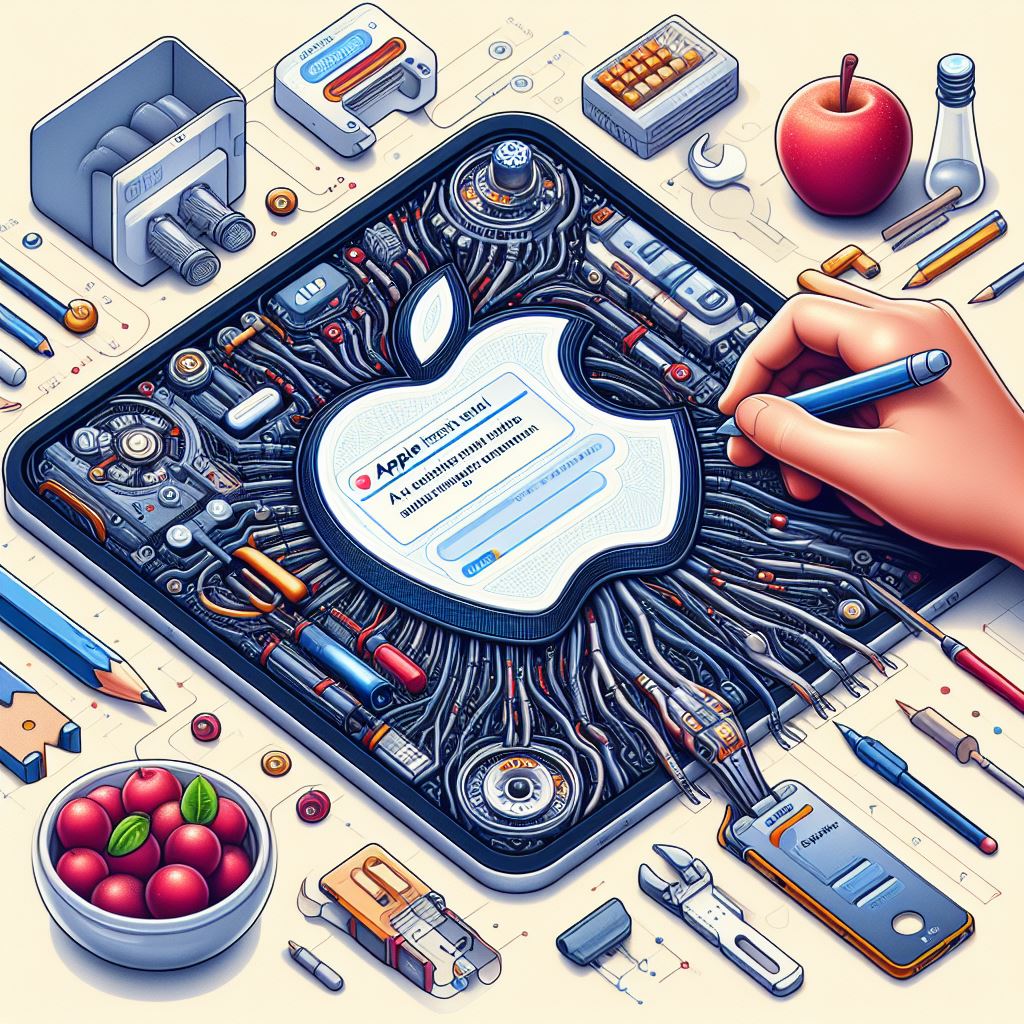Apple’s CEO, Tim Cook, has publicly expressed his enthusiasm for upcoming AI developments in 2024. Apple, long known for its sleek hardware and intuitive software, is quietly making waves in the realm of artificial intelligence (AI). While details about their specific plans remain undisclosed, recent leaks like the internal tool for Apple AI “Ask” offer a glimpse into the company’s potential AI ambitions.
This pilot program, currently being tested by AppleCare advisors, utilizes AI to automatically generate solutions to customer technical questions based on internal data. This innovative approach raises intriguing questions about the future of customer support and Apple’s broader AI strategy. Will “Ask” become the cornerstone of a transformed AppleCare experience? And what impact might this technology have on other aspects of the Apple ecosystem? The answers, like the future itself, remain veiled, but the journey towards them has begun.
How Apple AI Ask works – Tailored answers, feedback-driven improvement
According to MacRumors, Apple has launched a pilot program offering select advisors access to “Ask.” This AI tool automatically generates answers to customer technical questions using information from Apple’s internal database. Unlike a simple search function, “Ask” tailors its responses to specific details like device type or operating system. Advisors can even rate responses as “helpful” or “unhelpful,” providing valuable feedback for further development.
One crucial challenge for AI assistants is the risk of “hallucinations,” where they confidently deliver fabricated information. To mitigate this, “Ask” is trained solely on Apple’s internal data, which is carefully curated and verified. Also, “Ask” employs rigorous checks to ensure responses are accurate, traceable, and relevant. The tool’s future rollout depends on feedback collected during the pilot program, making it a collaborative effort between users and developers. Only through this combined effort can “Ask” evolve into a truly trustworthy AI assistant.
Currently in a pilot program, “Ask” thrives on user feedback. Each interaction helps refine its understanding and accuracy. This collaborative effort between users and developers paves the way for a future where AI assistants provide not just convenience, but trustworthy information.
Apple’s AI journey – Beyond “Ask” and into the future
Some speculate that “Ask” is either based on or related to the previously leaked “Ajax” project, internally nicknamed “AppleGPT.” Whether officially labeled as “AI” or not, the tool’s functionality reflects the principles of machine learning or AI. Similar to ChatGPT, “Ask” uses a vast database of information to predict and generate answers, essentially filling in the blanks with the most likely next words.
While the simple query, “Hey Siri, ask AppleCare…” might seem like the tip of the iceberg, Apple’s plunge into AI delves much deeper. Their touch keyboard, a testament to this, utilizes machine learning’s magic to predict your next keystroke, while their latest iteration employs sophisticated transformer language models for autocorrect that almost reads your mind. As whispers of AI’s further integration into iOS 18 intensify, the spotlight shines bright on WWDC in June, where official announcements are eagerly awaited. But the journey doesn’t end there.
With Apple’s continuous investment in AI, the question arises: will “Ask” become the cornerstone of future AppleCare interactions, transforming support into a seamless, intuitive experience? And what ripple effects will this technology have across the entire Apple ecosystem? While the answers remain shrouded in the veil of the future, one thing is certain – the implications are as vast as they are exciting.
From Zero to Web3 Pro: Your 90-Day Career Launch Plan
